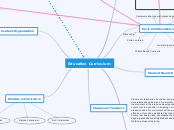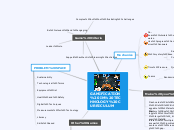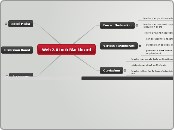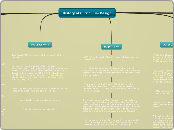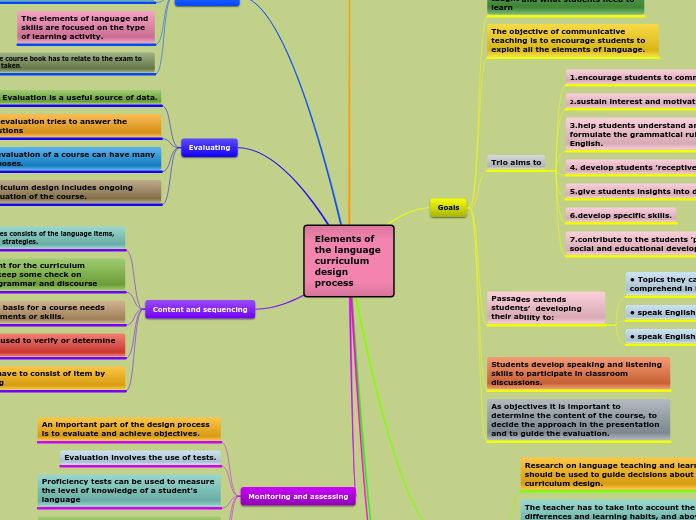da Martene Herbert mancano 6 anni
310
PME 810
Exploring the philosophical foundations of educational curriculum reveals various approaches such as perennialism, essentialism, progressivism, and reconstructionism. Each philosophy underpins different curriculum designs that emphasize distinct educational values and teaching methodologies.
